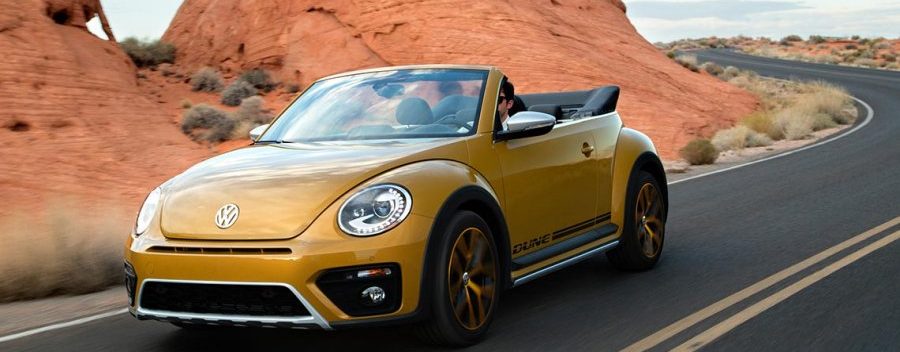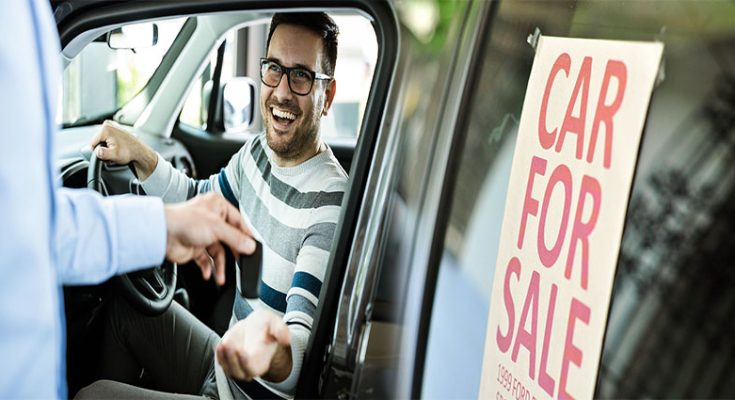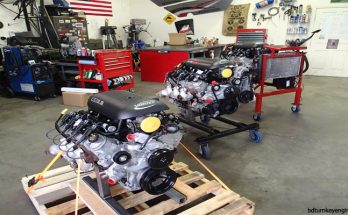When you’re looking to sell your used car, it’s a good idea to go into the process with as much information about the vehicle’s value as possible. While the Kelley Blue Book is a great resource for this information, it’s important that you have other data points as well. Fortunately, there are many ways to figure out what your car is worth and get a sense of what kind of price range you should aim for when selling it.
Know the value of your car.
Before you even think about selling your car, it’s important to know what it’s worth. You can check Kelley Blue Book, Edmunds and NADA Guides for an idea of market value, but there are also other ways to get a real sense of what your vehicle is worth.
- Ask a trusted mechanic: A good mechanic will be able to give you an honest appraisal of how much they think your car is worth based on its age and condition.
- Get recommendations from friends and family: If someone has recently bought or sold a similar vehicle, ask them how much they paid when they were looking at buying/selling options. This can help give you insight into whether or not now might be an opportune time for selling yours too (or if maybe waiting until later would yield greater returns).
- Look at similar cars online: Searching online will provide an idea as well–just make sure not only are these other vehicles listed at similar prices in terms of mileage etc., but also take into account any additional features that may set yours apart!
Try to sell during a time of year that has more buyers.
The best time to sell your car is when there are more buyers. If you want to get the best value for your used car, try to sell during a time of year that has more buyers.
There are two main seasons when people are most likely to be buying new vehicles: spring/summer and fall/winter. For example, if you live in an area where it gets really cold during winter months (like Minnesota), it may be better for you to wait until springtime when people will have more money available because they can’t drive their current cars until it warms up again. On the other hand, if you live somewhere hot like Arizona where most people don’t need air conditioning on their cars anyway (or even care about having one), then selling during summer might work better for getting top dollar because fewer people will be looking at used vehicles then as well as having more cash available due to lower utility bills from running less frequently throughout those months.”
Get your vehicle’s condition ready for sale.
The first thing you should do is make sure that your vehicle is in good condition, both mechanically and cosmetically. If there are any issues with the car’s mechanicals, get them fixed before trying to sell it. A few hundred dollars spent on repairs now could save you thousands later if an issue crops up during a test drive or when someone buys the car from you.
If possible, get an inspection done by a professional mechanic before putting the vehicle on sale; this way, buyers know exactly what they’re getting into (and how much work may need to be done) before buying your vehicle at auction or through another private sale.
Make sure you have all the paperwork in order.
- Check the car’s history. If you’re buying a used car, there are many things to consider. The most important one is whether or not you can trust its past owner(s). Before doing anything else, check out the vehicle’s history report from Carfax or another source. This will give an overview of any accidents or other damage that has been done to it over time and help determine if there are any major issues that need addressing before purchasing.
- Make sure you have all paperwork in order: title, registration papers (if applicable), maintenance records etc…
- Get an inspection – You should get your vehicle inspected by either a trusted mechanic or someone knowledgeable about cars before making any final decisions on whether or not this purchase needs further investigation before making it official!
Be prepared for questions and concerns buyers might have about your car.
You can expect a potential buyer to ask you about the condition of your car. It’s important that you are prepared for this question, as it’s one of the most common ones people have when buying used cars.
Here are some examples of questions you might hear:
- “How many miles does it have?” This is an easy question to answer; just tell them how many miles are on the odometer now and have been put on since its last inspection or service. If there hasn’t been any significant wear-and-tear in those miles, then there won’t be any problems with the engine or other mechanical parts.
- “What does it look like under all those dings?” If anything has been damaged underneath, then there could be rust forming under those areas where dents were made (especially if they’re older dents). If this is the case for your vehicle then we recommend getting some body work done before putting it up for sale so potential buyers don’t automatically assume there are other problems lurking beneath their own noses when looking at your listing online later tonight!
Make sure you’re getting the most money for your old car by doing your homework first.
To get the most money for your used car, you need to do your homework first. The first step is knowing the value of your vehicle. You can find out what similar cars in good condition are selling for by looking at Kelley Blue Book and Edmunds.com or by checking out local listings on Craigslist or Autotrader.com (or any other site that allows users to post their vehicles).
Once you’ve done some research on what others are asking for similar cars, it’s time to figure out when is best for selling yours–and why this matters so much! Of course, there’s no hard rule here; everything depends on what kind of car it is and how badly someone wants it right now…but generally speaking:
- The best time will be during a season where lots of people need transportation; winter months usually mean fewer buyers because they’re too busy snowboarding/skiing/sledding instead! Summer months are also great because families are getting ready for vacations so there’s more demand than usual..
- Also consider avoiding holidays such as Christmas Eve which may have fewer buyers due holiday shopping commitments – although this does depend on whether yours happens before or after family Thanksgiving dinner plans…
If you want to get the most value from your used car, you need to do your homework first and be prepared for questions and concerns buyers might have about the vehicle.




